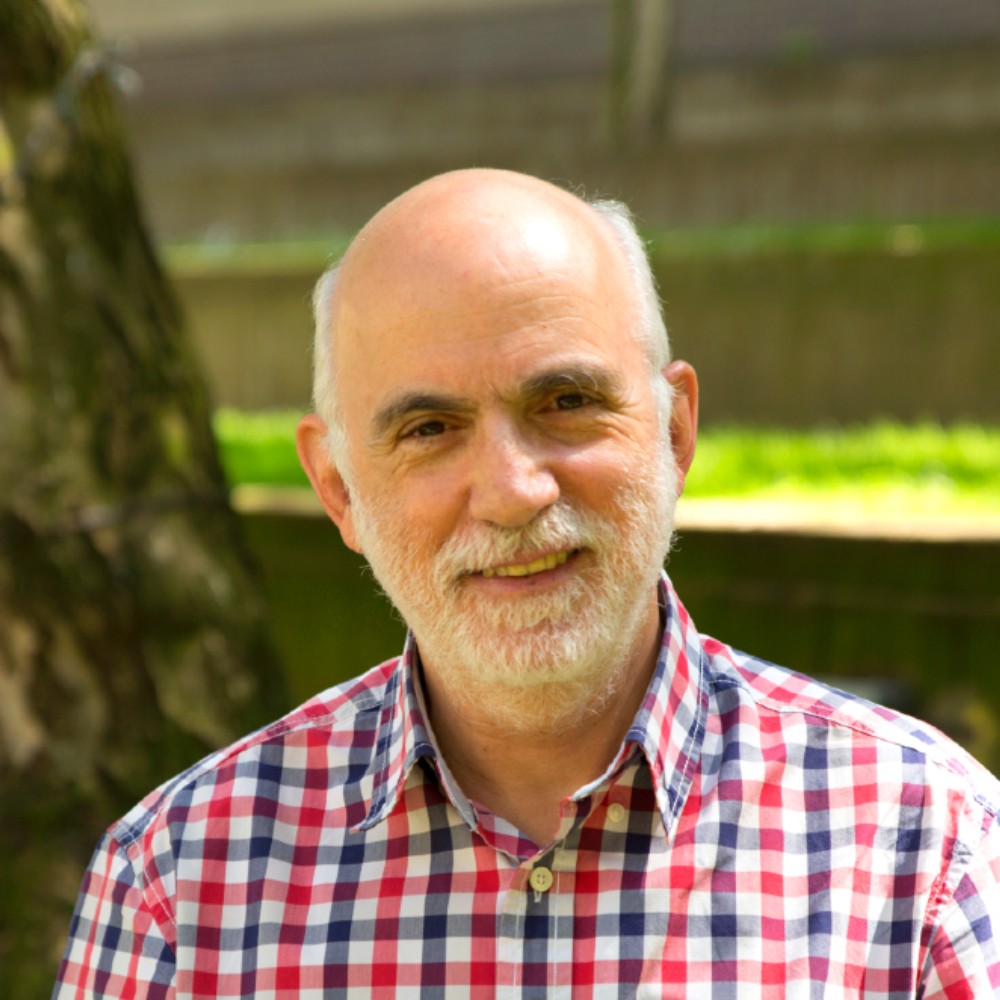What have we changed?
Professor Papadopoulos’ common-sense approach to providing support services has influenced government policies, defined best practice for the United Nations and directly changed working practices of organisations and professionals bodies. His unique methodological approach has been adopted by 19 organisations in 12 countries throughout the world including Greece, Haiti, Mexico, Italy, Cyprus, Costa Rica, the UK and the countries of the Pacific Rim, and this has benefitted nearly 68,000 people.
Professor Papadopoulos’ long-standing association with the Babel Day Centre, a mental health unit supporting immigrants and refugees in Athens, has led to the setting up of a specialist multi-disciplinary team working with the survivors of torture. It includes psychologists, medical experts, social workers, and lawyers, all working to the principles he established.
Nikos Gionakis, Director of the Babel Day Centre, said: "Since we started collaborating with Professor Papadopoulos we have treated more than 4,000 refugees using his approach, and supported 1,170 refugees, who have experienced torture, under his expert supervision, helping transform their lives. Based on his approach, whilst attending to their negative experiences, we do not overlook their retained strengths as well as the positive effects that their adversities activated in them."
Professor Papadopoulos has produced a training manual on the principles of STC. This has been published in English, Greek and Spanish. He has also been invited to join the Working Parties of the British Psychological Society and of the UN International Organisation for Migration to produce guidelines for practitioners working with migrants and refugees.

)



